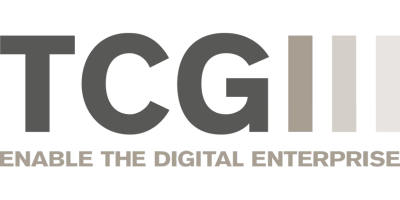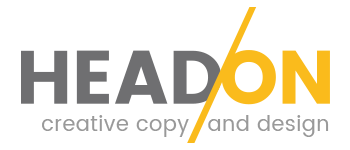Why automating employee and contractor onboarding is essential in 2025
Why automating employee and contractor onboarding is essential in 2025
Welcoming someone to your business - whether they’re a full-time employee or a contractor - sets the tone for their entire journey with you. The smoother the start, the more confident and engaged they’ll feel. But onboarding isn't just about first impressions. It’s a foundational process that touches compliance, data protection, fraud prevention, and internal efficiency.
As businesses grow, relying on manual processes becomes unsustainable. It's slow, error-prone, and frustrating - not just for HR, but for the new joiner too. Automating onboarding helps organisations simplify complexity, reduce risk, and create a better experience from day one.
Here’s why it matters - and why now.
1. Accuracy and Speed
Repetitive data entry, scattered email threads, and juggling logins across systems is a recipe for mistakes. Automation cuts through the noise. It speeds up processing and reduces costly errors - helping you deliver a smooth, professional first impression from the start.
2. Enhanced Scrutiny and Validation
Automated systems can run background checks, flag missing information, and cross-check documents far more effectively than a manual process. This ensures better compliance, avoids administrative slip-ups, and gives peace of mind to HR teams and new hires alike.
3. Privacy and Data Protection
Onboarding often involves sensitive information like ID documents, tax records, and bank details. With automation, access is controlled through role-based permissions, reducing the risk of data leaks caused by email attachments or shared folders.
4. Fraud Prevention
Credential misrepresentation is a real risk - especially with remote or international hires. Automation helps protect your business by integrating fraud detection and validation checks directly into the onboarding process.
5. Role-Based Requirements and Completeness
Not every new joiner needs the same set of documents. Whether it’s an NDA, right-to-work proof, or a professional certificate, automated systems tailor the checklist to the role - and send timely reminders so nothing’s forgotten.
6. Managing Complexity
Hiring across countries, sectors, or specialist roles comes with added layers of regulation. Automation handles the nuance - adapting workflows for academic positions, contractors with limited company status, or roles requiring background checks or security clearance.
7. Refocusing HR on High-Value Work
When HR isn’t tied up chasing documents or double-checking spreadsheets, they’re free to focus on what really matters: people. From improving candidate experience to building culture and engagement, automation gives your team room to breathe and think strategically.
8. Don’t Forget Offboarding
Letting someone go - or saying goodbye when a contract ends - is just as important as onboarding. Automation ensures access is removed, final payments are handled correctly, and any company property or documentation is returned. It protects your business and wraps up the employee lifecycle neatly.
Final Thoughts
Making things easier for employees isn’t just about being nice - it’s about being smart. A seamless, professional onboarding experience shows people you’re prepared, you value their time, and you’re invested in their success. For HR teams, automation removes the manual workload and the margin for error. For the business, it builds a stronger foundation from day one.
In short: onboarding matters - and automation is how you get it right.
Curious about what this could look like in your business?
ADMAC Consultancy Services Ltd
helps organisations like yours automate onboarding from start to finish.
👉
Book a demo
to see it in action.







